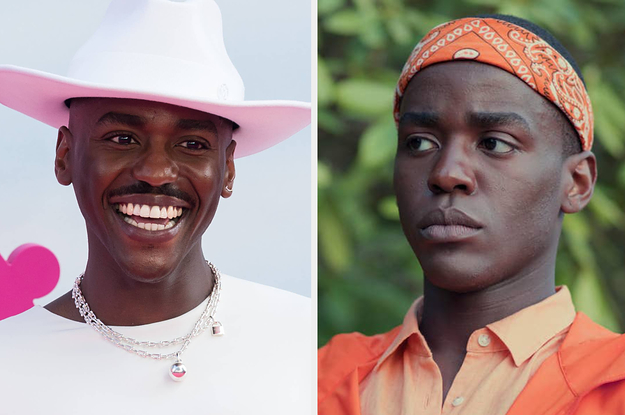In another dizzying day of politics, where does the prime minister stand after PMQs?
Supporters say Liz Truss showed resilience, but her decision to U-turn on her chancellor’s refusal to commit to lifting pensions by inflation just 48 hours ago shows just how out of control this PM is.
This is hand-to-mouth government where Number 10 is being bounced into decisions.
And the latest one saw Ms Truss committing £5.6bn in spending for pensioners, despite her chancellor promising earlier in the week that no commitments would be made until 31 October.
Politics live: Mystery over scrapped Liz Truss trip – as Tory MP ‘ashamed’ at mini-budget
What’s obvious is that the PM had no option but to move in the face of a brewing rebellion. She is simply too weak to fend off political attacks.
But even if her MPs like the policy decision, they don’t much like the optics of it.
Senior adviser to Liz Truss suspended pending investigation
Liz Truss ‘completely committed’ to pensions triple lock after chancellor agreed move today
‘Mistakes happen’ but replacing Liz Truss will not calm markets, foreign sec says
This morning, her foreign secretary stuck to the line that nothing could be ruled in or out on pensions until the fiscal statement at the end of the month.
Last night, the cabinet minister in charge of the policy, Work and Pensions Secretary Chloe Smith, said exactly the same thing.
These days, the Truss administration seems to flip flop from one day to the next.
One minister remarked wryly to me after the latest U-turn that they and colleagues are unhappy about doing broadcast interviews for this PM because they can’t trust the line they are sent out to defend.
MPs are in despair. One told me last night that, whatever happened in PMQs, Ms Truss’s reputation is “in tatters”.
Meanwhile William Wragg became the sixth MP to publicly call on the prime minister to stand down.
So far, so bad. But is the danger for the prime minister now immediate following her third PMQs?
Three very senior Conservative Party sources tell me that this could go on for a bit.
One says colleagues are worried about the markets and don’t want to add more political turmoil to a delicate situation ahead of the fiscal statement at the end of the month. There is a view, says the senior Conservative, that the economy must be put before everything else in the immediate term.
Another agrees, saying that ousting of the PM before 31 October would be a mistake because it would add to instability and would rob the party of a fall guy should the statement bomb at the end of the month.
What is clear is that how that fiscal statement lands with the markets and the party could seal Ms Truss’s fate.
Will the chancellor politically be able to get the cuts through his cabinet and the party? Will the markets feel reassured or not?
And even if there might be a bit of breathing space, the whole situation is “insane” and, as far as the bigger picture goes, “nightmares only ever end one way”, according to one minister I spoke to.
Read more: Pensions triple lock – how policy went from at risk to complete commitment within hours
As for the process of regime change, I’m told those talks are ongoing. MPs are looking at various ways to bring about a confidence vote and select a new PM.
What that looks like is still evolving, so the picture is muddy. But what I have heard is that reports of 1922 Committee chair Sir Graham Brady setting the trigger of confidence vote to a threshold of a third or even half of the parliamentary party are wide of the mark.
What is clearer is that the party does not want a two month-long contest. If the leader changes again, it will have to be done quickly.
One option, as I wrote about earlier, is to lift the threshold for nominations to be leader to 100 MPs, or even a third of party – around 120 MPs – in order to try to force through a unity candidate.
That would potentially whittle the field down to Rishi Sunak, Jeremy Hunt and Penny Mordaunt.
If only one passed the threshold, the choice wouldn’t be put to members – but the party is seemingly unable to unite around a unity candidate.
As the last contest’s runner-up, Mr Sunak might seem the obvious choice. But he’s divisive within the party because of the animosity Johnsonites hold against him. It’s hard to make him the unity candidate, but it’s equally hard for a rival to ask him to make way.
Ms Truss then is still in acute political danger with the settled view of lots of MPs that she can’t recover from the disasters of her first six weeks.
But for now, an immediate challenge doesn’t look likely, with the caveat that these days in politics, we’re living hour-by hour.








